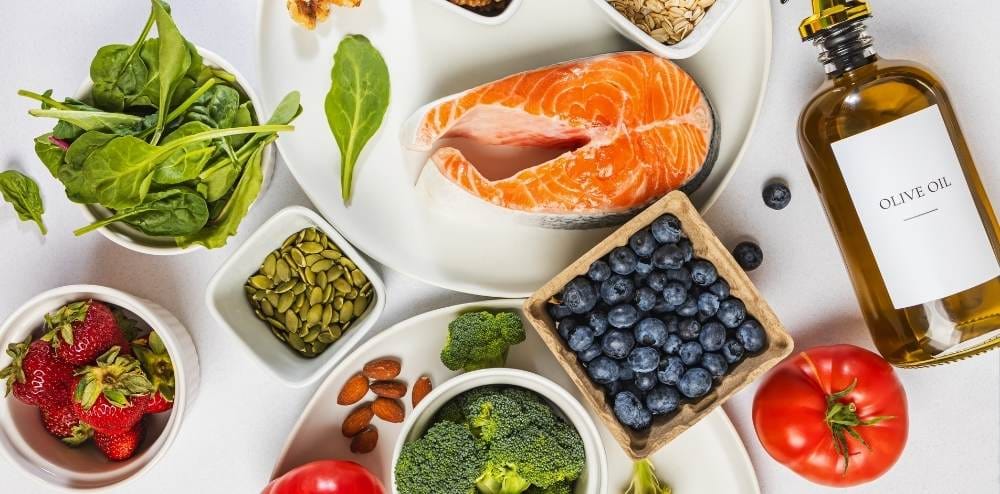While genetics undoubtedly play a large role in how healthy our hair is, nutrition is just as important. Not only does a balanced diet promote strong, healthy hair growth, but it also plays a very significant role in the success of a hair transplant. After a transplant, a nutrient-rich diet optimizes the growth of the transplanted follicles by encouraging faster healing and ensuring long-lasting, natural-looking results. Here’s how key nutrients support both natural hair growth and post-transplant recovery.
Protein: The Building Block for Hair
Hair is primarily made of keratin, a protein. Therefore, ample intake of protein is required for healthy, robust hair. Without protein, your hair may become weak, brittle, and prone to shedding. Good-quality protein includes lean meats, fish, eggs, legumes, and dairy products. These products would supply amino acids to strengthen the hair shafts and also the new follicles post-transplant.
Vitamins A and C: Important for the Scalp
Vitamins A and C help in the health of the scalp synergistically; this is a beginning for the process of hair growth. Vitamin A supports sebum production, which naturally conditions the scalp to maintain it moist and balanced. Such sources of Vitamin A include carrots, spinach, and sweet potatoes. Vitamin C, on the other side, stimulates collagen production-a protein that strengthens the capillaries to feed the scalp and follicles. This is found in citrus fruits, bell peppers, and berries, which help support new hair growth.
Biotin and Other B Vitamins
Biotin is a B vitamin that plays an important role in maintaining hair health, and it’s always added to hair growth supplements. It strengthens hair and decreases breakage rates, making it one of the important nutrients following a transplant. Besides biotin, other B vitamins-B1, B2, B3, and B12-play an important role in cellular health and blood flow so as to ensure transplanted follicles receive sufficient oxygen and nutrients. Eggs, whole grains, nuts, and leafy greens are great sources of these vitamins.
Iron and Zinc: Minerals for Growth and Healing
Iron maintains the oxygen-carrying capacity in the blood, which feeds the hair follicles by enhancing growth. Iron deficiency might lead to hair loss; hence, its proper level is highly crucial even after transplantation. This mineral is greatly important in tissue repair and cell division, hence helping the scalp heal after the procedure. Types of food that provide these important minerals are red meat, lentils, spinach, and seeds.
Hydration: The Enhancement of the Health of the Follicle
One would not particularly think that hydration can have anything to do with hair health; however, it actually does. Proper hydration helps your scalp and hair roots to get their nutrition across smoothly and stay moisturized; all this becomes all the more crucial in the healing process after a transplant.
Conclusion
A diet with a proper balance of protein, enriched with vitamins and minerals and liquid, will help in managing good hair growth and ensure maximum success of a transplant. Feeding the transplanted follicles with the right kind of nutrition will guarantee wholesome growth-a healthy scalp and long-lasting results that will keep your confidence and appearance going.


